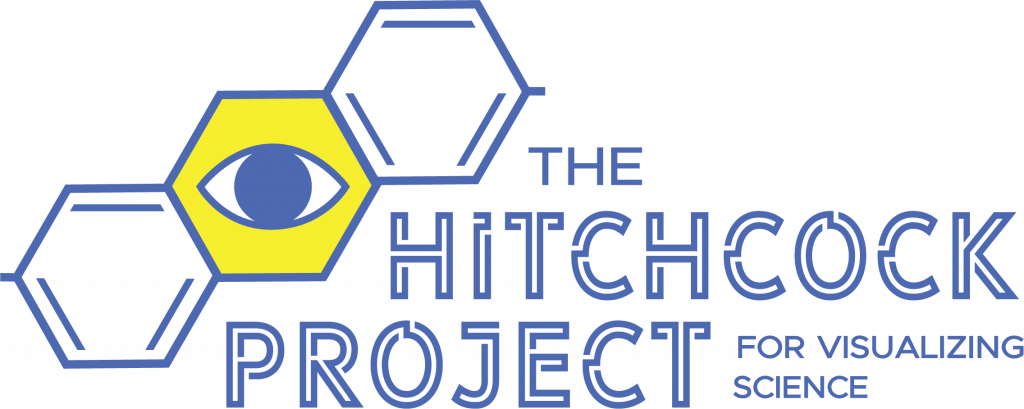Remote Learning May Leave Behind Most Vulnerable Students
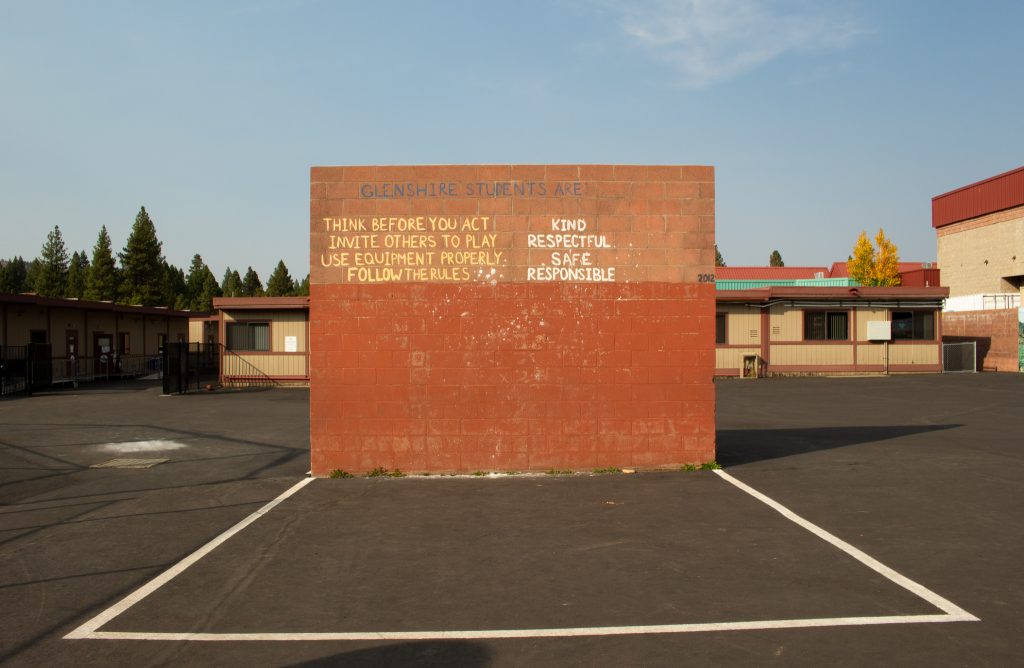
Is distance learning increasing the achievement gap in young kids?
Research suggests the virus that causes COVID-19 is mutating quickly, but we’re still figuring out what that means
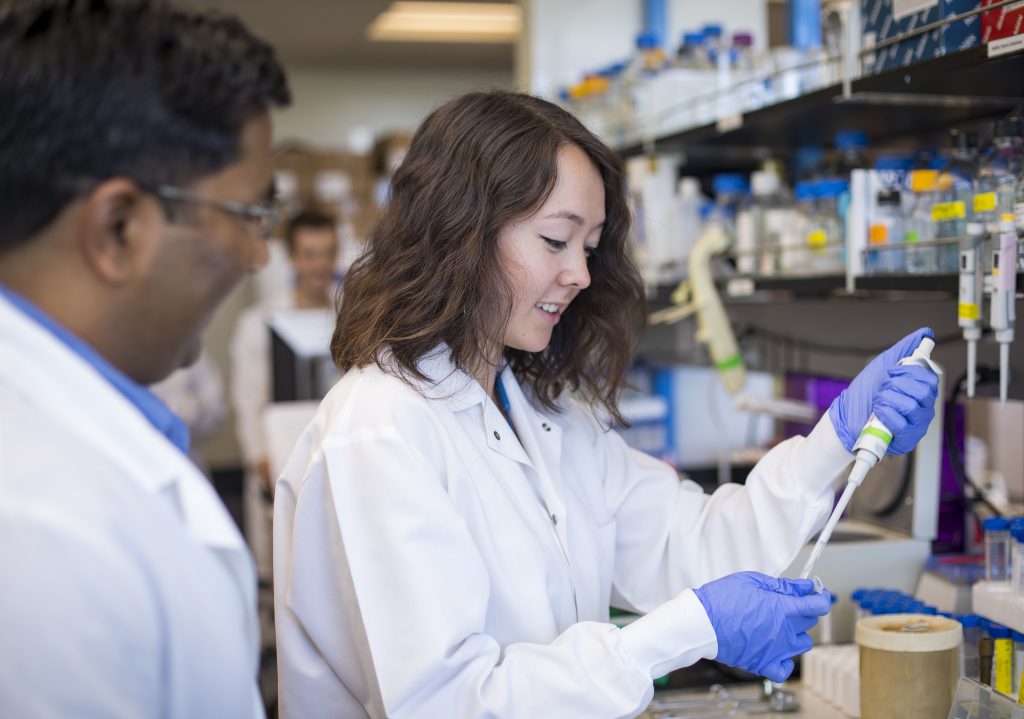
UNR scientists are studying the long-term implications of the mutations in SARS-CoV-2, the virus that causes COVID-19, and working to find out why it is mutating so quickly.
As casinos reopen amid COVID-19, researchers question the safety of smoking
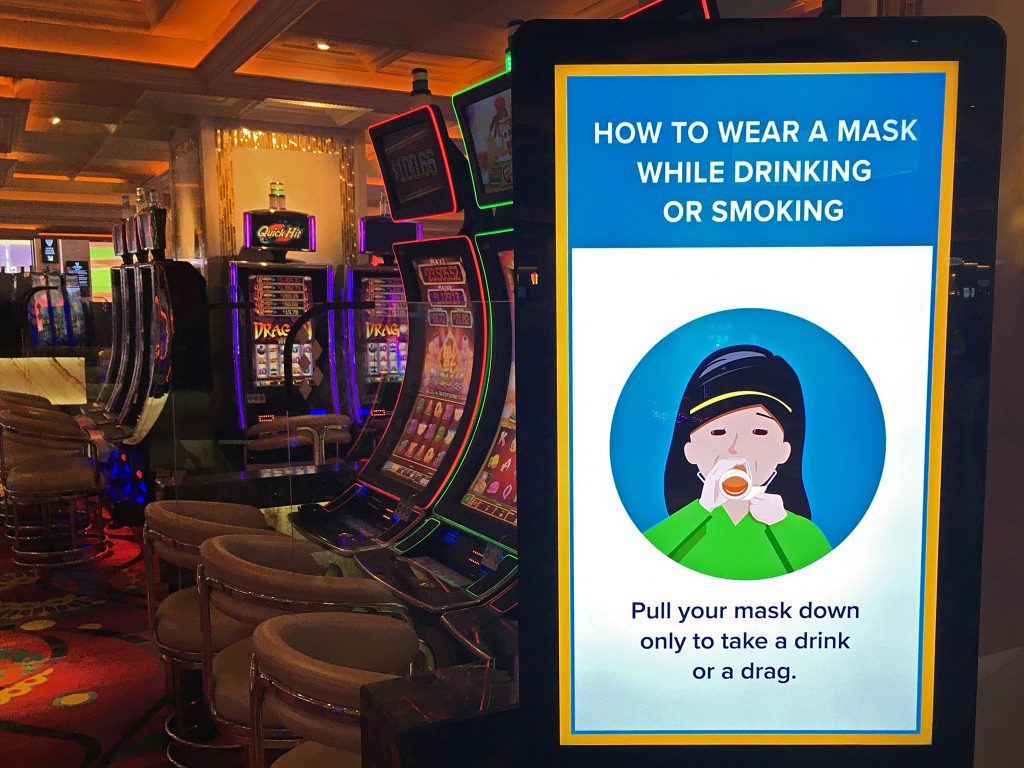
Some states have temporarily banned smoking in casinos to stop the spread of Covid. Nevada has not. Science suggests the virus could travel through the air on cigarette smoke.
New reservoir rules in the West could keep more winter water to combat drought
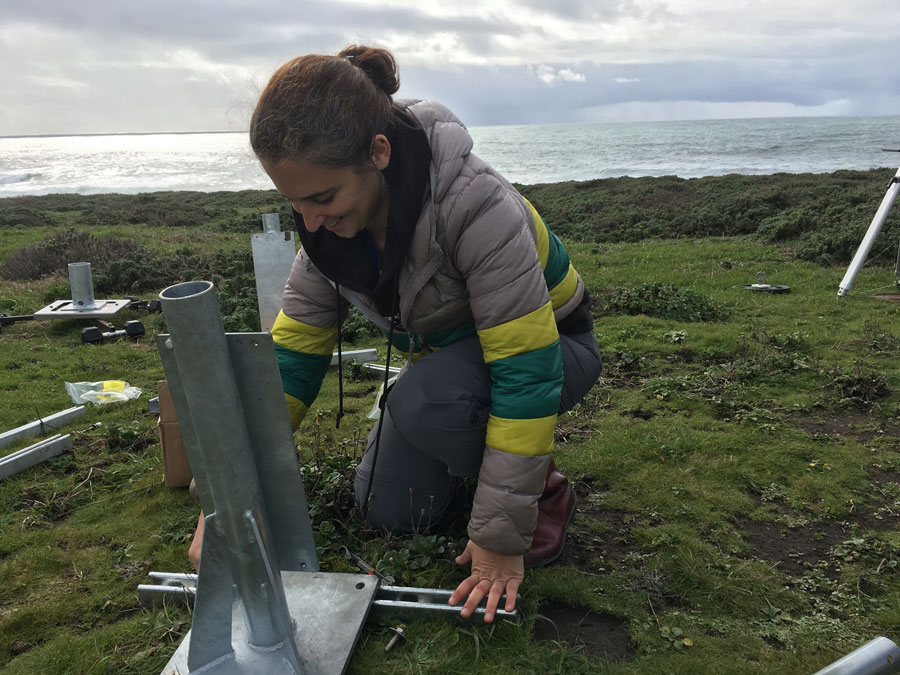
With a warming climate and changing weather patterns, it might be time to update the federal reservoir-level rules that dictate how much water can be kept in some western U.S. reservoirs during winter.
Thirsty Sierra Nevada trees offer clues to predicting water flow into reservoirs

As more winter precipitation is falling as rain instead of snow, it’s changing how much water flows into reservoirs. It turns out it might be changing how much water trees can drink, too.
Tech industry’s reliance on ‘brain-enhancing’ drugs raises questions

Is the pressure to perform in your tech job enough to have you seeking Adderall as a performance-enhancer? Read this before you do it.
‘Linguistic Profiling:’ When What You Say (and How You Say It) Can Be Held Against You
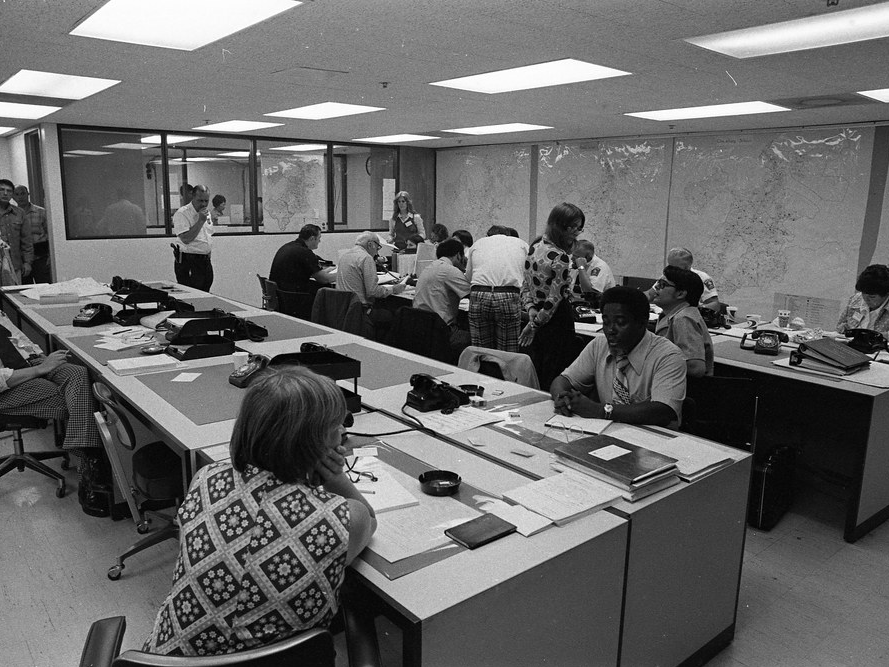
Do you speak with an accent? Do you sound like you belong to a certain race? Research on racism and implicit bias is showing that the way you speak can impact education opportunities, financial benefits, and even access to quality healthcare.
Can behavioral science help you stop touching your face to avoid COVID-19?

Humans touch their face an average of 68 times per hour. The novel coronavirus can enter the body through a person’s eyes, mouth and nose. But experts say there is an easy way to train yourself to stop touching your face.
A time for healing: Hawaii’s coral reefs rebound during COVID-19
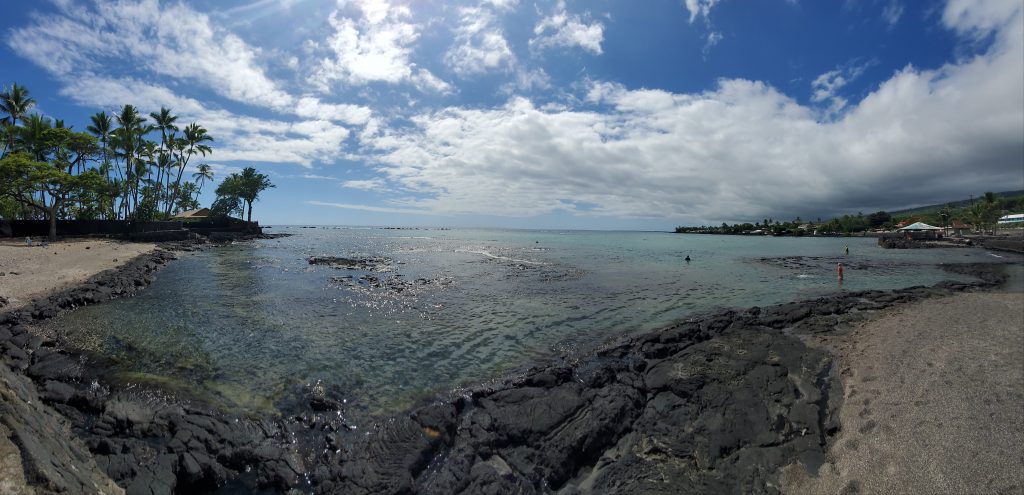
A silver lining outcome of the COVID-19 pandemic? Coral reefs in Hawaii may be becoming healthier with fewer swimmers in the water.
Life after COVID: Will we adapt to a new normal or return to business as usual?
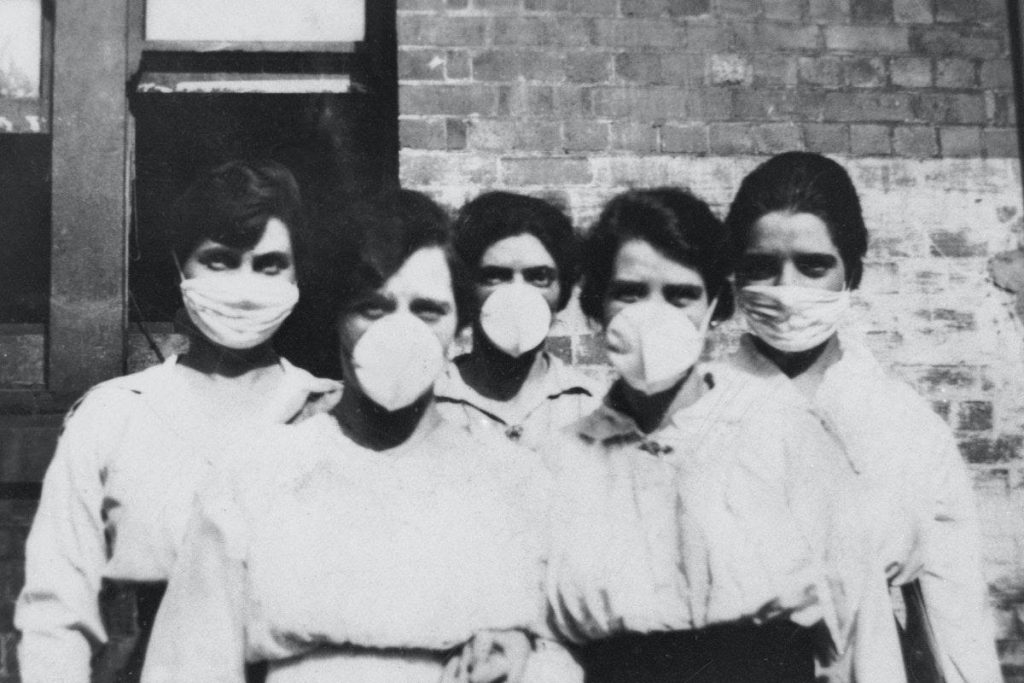
Will we ever hug people again? Will we keep wearing masks? Past pandemics suggest that some aspects of our lives will revert to “normal” once this pandemic eases.


